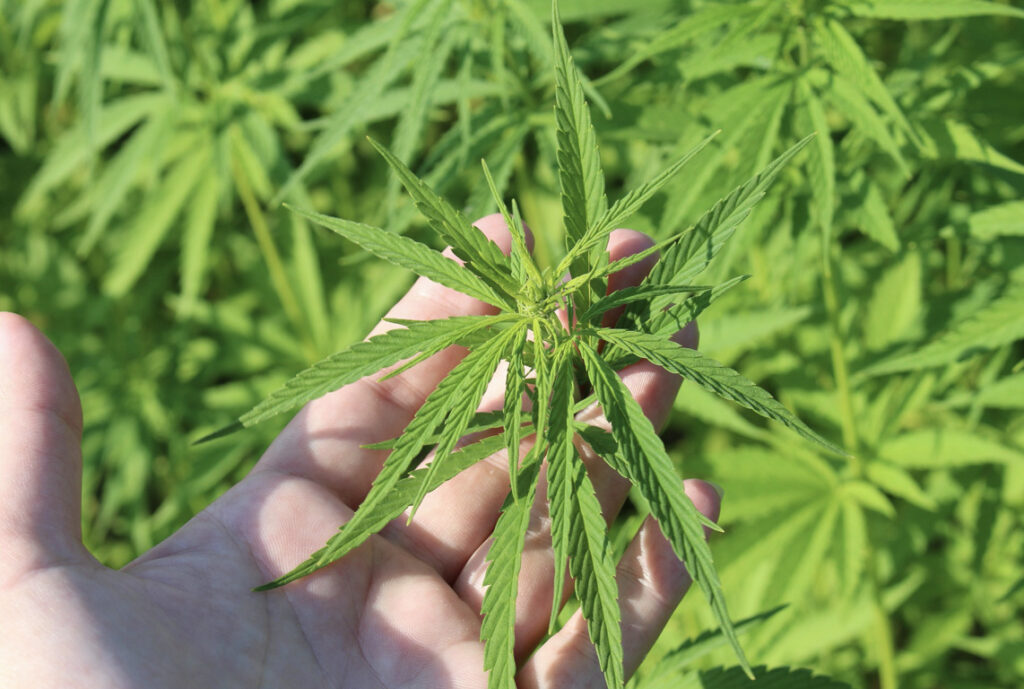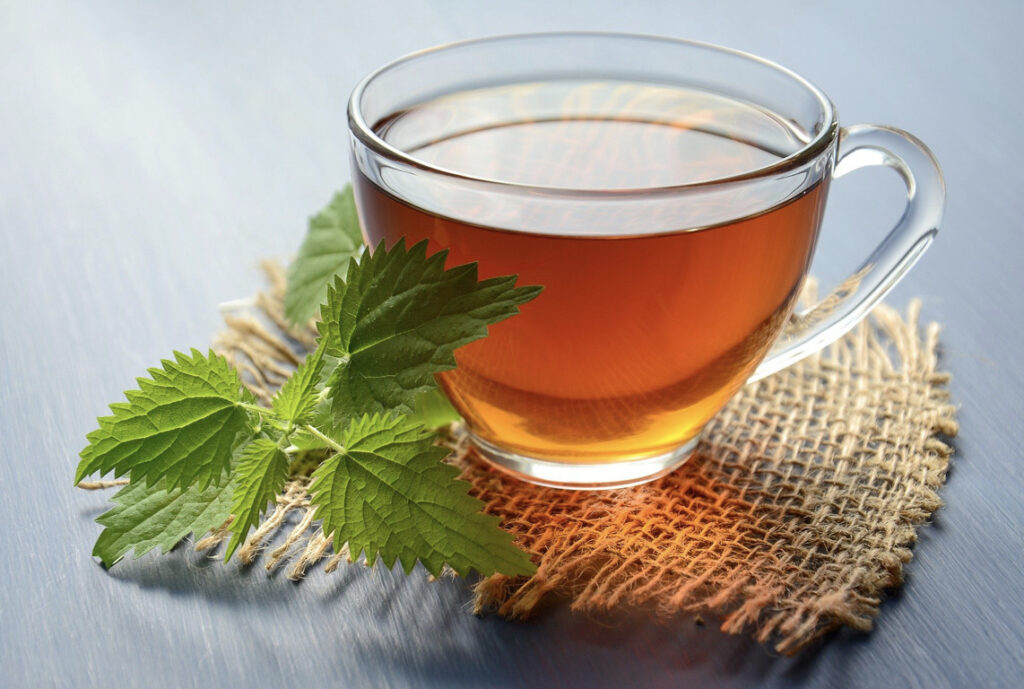
Written by Grace Hawkins, Guest Writer and Blogger
Sometimes, finding peace of mind and mental tranquility can be very challenging. These could often be the only things you need to improve your health and achieve optimal well-being. The journey to better health can be long and puzzling, and for many, meditation and yoga provide the avenue to find the equilibrium between body, soul, and spirit.
Though they’re simple practices, meditation and yoga can rejuvenate the mind, improve health, and quieten the mind. For those interested in giving meditation a try, it can be tricky at the start. However, if you can persist, there are several benefits. Not to mention, some herbs can help make the entire practice less challenging.
Meditation and Its Benefits
Meditation, also known as the act of sharpening the mind, isn’t a new practice. It has been in existence for centuries. Different people from diverse cultures use meditation to exercise the mind and enhance their concentration. Nonetheless, meditation offers many other benefits apart from a rock-solid focus.
Some of the known benefits of regular meditation include:
- Reduces stress
- Better self-awareness
- Promotes physical health
With mindful meditation and regular yoga, your body and mind can shift into a more balanced state. If you haven’t guessed by now, most benefits of meditation require consistency. That’s why some people use herbs and different Sativa strains to facilitate the process.
Meditating With Herbs
In general, herbs for meditation have a soothing effect on the human nervous system. They also increase the sense of well-being and eliminate anxious feelings. Thereby helping bring the calmness required during meditations. There are several herbs you can choose for your meditation sessions. Irrespective of your choice, you’ll need to remain patient, regulate your breathing, and maintain a keen sense of awareness to get the expected results.
For effective meditation and yoga, here are five herbs you can use to obtain the best results.

Cannabis
You can trace the use of cannabis in spiritual rituals as far back as the 6th century in ancient China. Back then, Buddhists used it to practice tantric meditation. On the other hand, different cultures in the past and present use cannabis to reduce aversion and facilitate engagement in rituals or ceremonies. Cannabis has different strains and is very potent. Therefore, it’s crucial to carefully find your level of tolerance.
Ideally, you want to microdose when you’re smoking marijuana for meditation. It can easily result in a sleepy head or wandering mind otherwise. This is why the dose plays a key role. You’ll need to consume about half of what you tolerate. For edibles, you’ll need to ingest 30 to 60 minutes before your session begins.
Cannabis Strain Ideal For Meditation
For meditation purposes, here are some of the best indica or Sativa strains of cannabis you can use:
- Hindu Kush
- Blue Cheese
- Lamb’s Bread
- Jack Flash
- Northern Lights
Each of these has slightly different effects when taken. You can experiment with them to determine the best strain for you.
Gotu Kola
The Gotu Kola belongs to the parsley family. It is particularly valued in India as one of the essential spiritual herbs in the country. You can find the Gotu Kola growing in certain parts of the Himalayas. Yogis were some of the first people to use it for yoga and meditation. Some claim it helps build up the crown chakra and helps equalize the left and right brain hemispheres. A close look at the Gotu Kola leaf shows a slight resemblance to the brain’s two hemispheres.
The herb can stimulate the mind mildly and help nourish the nervous system. Both the leaf and root of the Gotu Kola herb contain compounds that promote the functions of neurotransmitters.

Nettle
The Nettle, unlike the first two herbs in this list, is a stinging plant. It has several hollow hairs on its stems and leaves that sting. But you can safely ingest it after processing. In its processed state, the Nettle is rich in several nutrients such as vitamins A, B1, B2, B3, B5, C, and E. Aside from these, it is also a great source of other minerals like calcium and iron.
With Nettle, you can successfully bring your focus to different aspects of your life that are uncomfortable. Using it before your medications will help your mind reflect on challenging experiences in your life. Hence, helping you grow from lessons and experiences learned from these memories.
Hawthorn
Hawthorn is well known for its ability to open up the connection between heart and mind. It’s a plant used by people with grieving hearts to find relief. The traditional use of Hawthorn leaves was common among cultures like the Native Americans and Chinese. Meditation after a rough day can be the most arduous process. However, throwing in some Hawthorn leaves can help lighten your mood and clear your mind of any negative feelings. You only have to take a couple of droppers-full of Hawthorn extract before your meditation session.

Chamomile
Chamomile is a relatively gentle herb but equally effective. Like it’s gentle nature, this herb will help calm your nerves and soothe you. Feelings of restlessness and racing thoughts are often common during meditations. Chamomile can be the ideal catalyst to soothe any irritable feelings. All you’ll need to do is drink some Chamomile tea to get you into a relaxed and meditative mindset.
Conclusion
Again, it’s vital to take things slow when using these herbs for meditation. Meditation, in itself, is the practice of patience. So you don’t want to start by rushing and expecting instant results. Instead, exercise your focus, practice gratitude, and accept the emotions and thoughts that flow through you.
Maybe it’s your first using any of these herbs; you’ll have to be extra gentle. Use every second of the new experience as an avenue to learn something new about your body. Then be open to the possibilities of growth that the experience will bring your body and mind.
References
https://www.webmd.com/vitamins/ai/ingredientmono-753/gotu-kola





Leave a reply